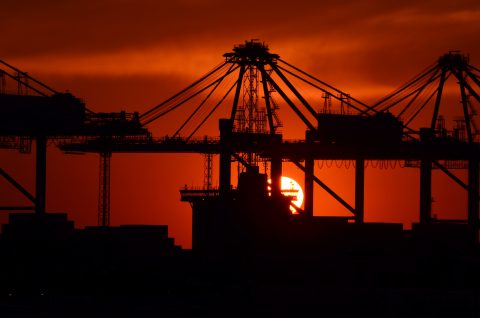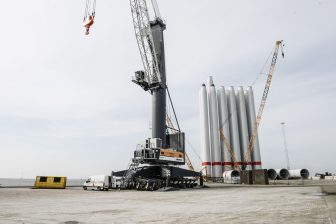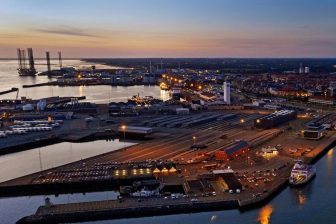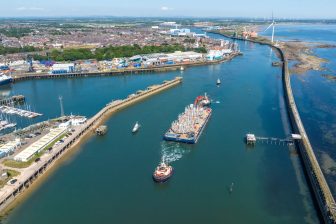
“Complex supply chain requires smart logistics partners”
Nowadays, we look at the supply chain in terms of value chains, with the value of our products as the basis. We have to bring together those value chains correctly. This is not something we can do ourselves; we need smart partners for that.’
Speaking is Harry van den Heuvel, general manager Project Logistics & Purchasing at Wärtsilä Marine Solutions. He will be one of the speakers at the Project Cargo Summit in Rotterdam on 12 and 13 September.
Wärtsilä is predominantly known as a manufacturer of engines but its portfolio comprises many products and services geared to providing total solutions for both ships and power plants. The company operates across the globe. ‘As an industry leader, the options for copying from others is quite limited. We have to be innovative and create a lot of things ourselves’, says Van den Heuvel. ‘We are originally a Finnish company, but we have production facilities all over the world, including in China. China is a compelling location for manufacturing and many of our customers are located there. Specific logistics solutions are required for this.’
End-to-end concept
‘But even then, products often still need to be transported from one continent to another. This process is becoming increasingly more complex. And we do not develop solutions for that ourselves; we work together with partners. After all, logistics is not our core activity. But we de offer it to our clients as part of a total end-to-end concept.’
‘Due to the complexity involved, we select logistics service providers who, like us, are leading in their respective fields. Our high-quality products are often large, very heavy and costly and it is their responsibility to get these products to our clients in the best possible way. To achieve this, these logistics companies need to know what the expectations of our customers are. In fact, they need to wear the Wärtsilä cap.’
Challenge
Van den Heuvel understands that the requirements Wärtsilä imposes on project cargo specialists are high. ‘A great deal of transparency is required on our part; we need to share as much information with them as possible. In turn, we must listen carefully to the logistics partner in question to provide them with the information they need to do a good job.’
‘We also challenge them: what else could we do together to improve the logistics of our customers even further? We can only do this with highly experienced and innovative companies. As a consequence, we usually work with regular partners. We monitor the market developments, of course, but we will not change logistics partners quickly. We have long-term relationships; these are most effective when you work together often and over longer periods of time. You simply know each other better.’
Consequently, price is by no means the most important criterion in the selection of transporters. ‘As with all our other suppliers, we use three indicators: quality, punctuality and costs. In that order. Quality is by far the most important factor. Nothing can go wrong; the equipment is too heavy and too expensive. The chains are quite long … If something goes wrong and a product for example has to be returned to China, that means two five-week journeys by ship. In the meantime, our client cannot continue with his project.’
Smart eco systems
In recent years, Wärtsilä has been transformed from a manufacturer of engines and other propulsion and energy products to a developer and supplier of what the company calls “smart eco systems”. ‘I will talk about this at the Project Cargo Summit as well. For our Marine division, this involves smart vessels, shared capacity, big data analytics and smart networks that communicate with each other. The audience will certainly include people who deploy ships for heavy lift and project cargo – including our systems – and I want to show them the opportunities presented by smart eco systems, market developments and smart technology and how these could potentially change the shipping industry and their operations.’
Harry van den Heuvel is one of the speakers during the Project Cargo Summit on the 12th & 13th of September 2018 in Rotterdam. For more information and the program visit the website.
Author: Martin Dekker
You just read one of our premium articles free of charge
Register now to keep reading premium articles.




